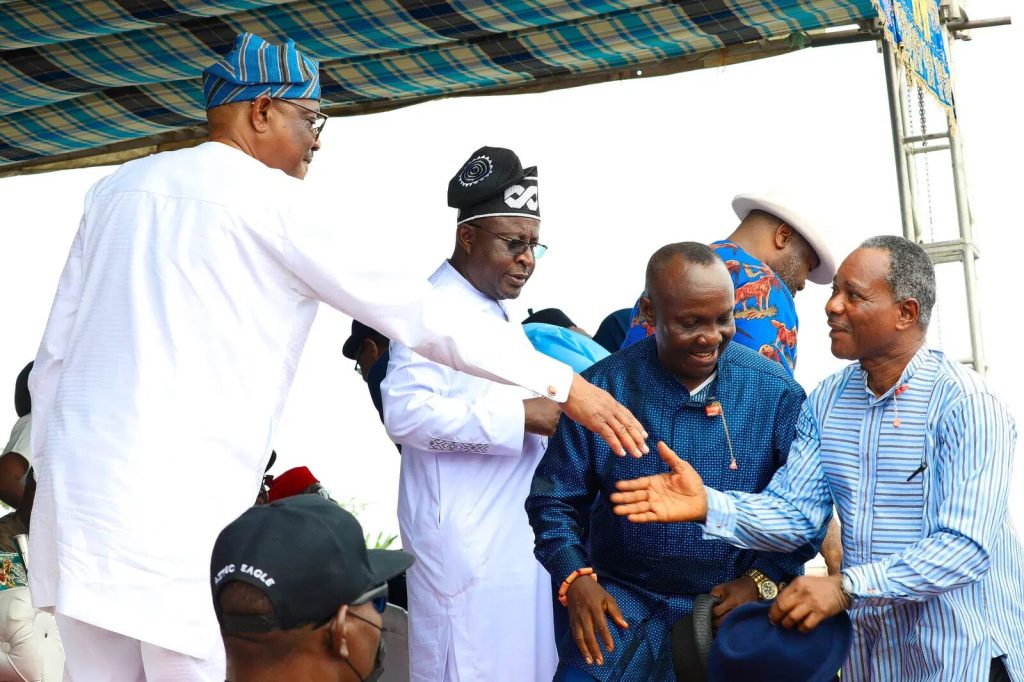
Introduction to the Crisis
Rivers State’s political landscape remains tense. Minister of the Federal Capital Territory (FCT), Nyesom Wike, has reaffirmed his commitment. He will allow the Rivers State House of Assembly to fulfill its duties without interference. This declaration occurs amidst a power struggle between Wike and Governor Siminalayi Fubara. Their conflict has significantly affected the state’s political environment.
Consequently, the situation has led to a division within the assembly. Initially, two factions emerged. However, a recent Supreme Court ruling recognized the legitimacy of 27 lawmakers. Speaker Martin Amaewhule leads them, and they align with Wike. This development has intensified the political standoff. Speculation about impeachment proceedings against Governor Fubara is now rampant.
Wike’s Stance on Assembly Autonomy
Speaking to the Kalabari people, Wike stressed his support for assembly autonomy. “I will not stop the Assembly,” he stated. “They must perform their constitutional duties. Those who love peace do not threaten others.” He emphasized the importance of the assembly fulfilling its constitutional mandate. He added that any actions must align with legal stipulations.
Moreover, Wike believes that allowing the assembly to operate freely is crucial. This stance reflects his commitment to upholding democratic principles. He wants to ensure Rivers State’s institutions operate effectively. As a result, he has called for calm and adherence to the law.
Political Implications and Challenges
Wike also believes Governor Fubara mishandled the political situation. He claims Fubara withheld salaries and allowances from lawmakers loyal to Wike. Wike criticized Fubara for listening to advisors. These advisors assured him of no consequences for his actions. Wike argues his “sin” was advising Fubara to care for his supporters. He believes Fubara should not abandon them after taking office.
Furthermore, the presentation of the 2025 budget has exacerbated the crisis. Governor Fubara initially presented the budget to a faction of the assembly. The Supreme Court did not recognize this faction. Following the court’s ruling, he was ordered to re-present the budget to the legitimate assembly. However, the assembly adjourned its sittings indefinitely. This decision has delayed budget approval.
Future Prospects and Stability
Despite these challenges, Wike remains firm in his support. He emphasized that lawmakers should perform their duties without interference. He believes actions must remain within the law. This stance reflects his commitment to democratic principles. He wants to ensure Rivers State’s institutions operate effectively.
In conclusion, as the situation unfolds, the future of Rivers State’s politics remains uncertain. The ongoing tensions between Wike and Fubara have implications for governance and stability. Wike’s assurance offers a framework for resolving the crisis. He suggests legal and democratic means are the best path forward.
Ultimately, the people of Rivers State await the next developments. They hope the institutions navigate these challenges effectively. The goal is peace and stability in the region.

